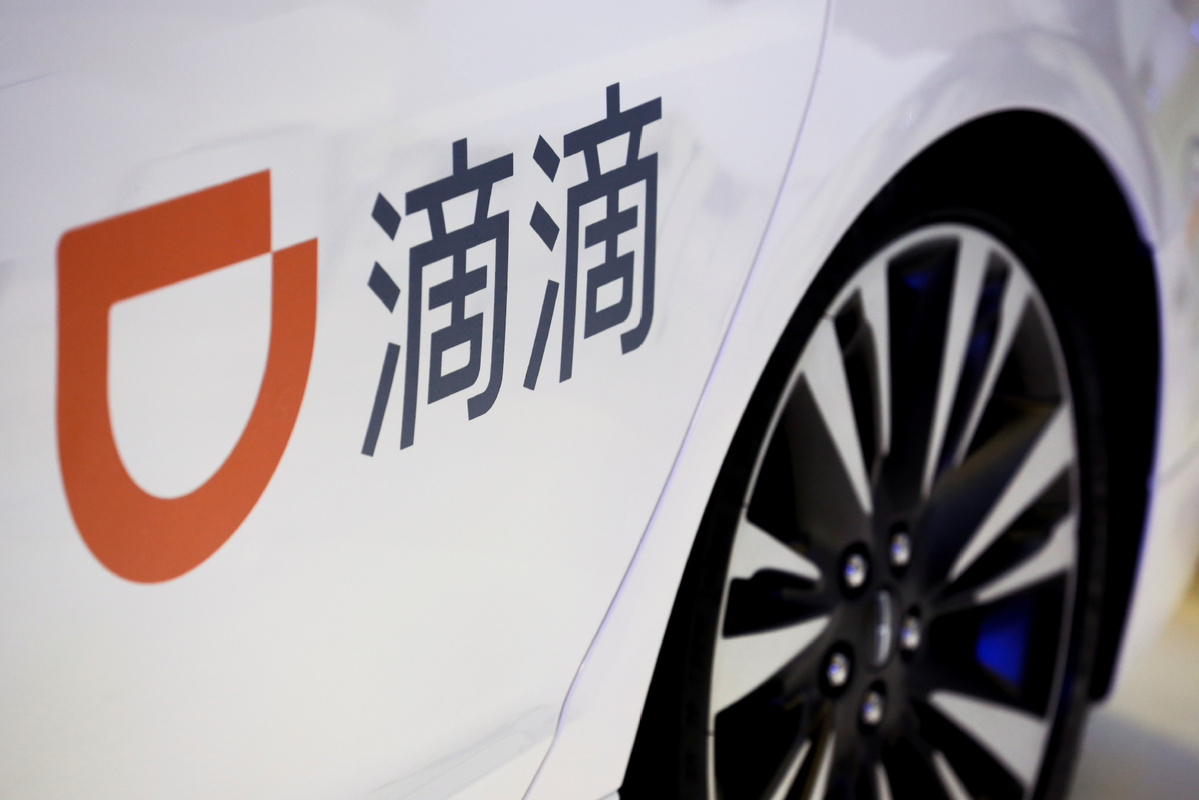Ride-hailing firms ramp up efforts to sustain employment


Chinese car-hailing companies are playing an important role in creating jobs, as orders on their platforms recovered rapidly as the COVID-19 outbreak is brought under better control in the nation.
Didi Chuxing, China's largest ride-hailing company, said it will invest 200 million yuan ($28.9 million) as a special fund to promote employment for those affected by the epidemic, the unemployed and poor family members based on its platform.
The company plans to give subsidies for car rentals, income and insurance purchases for beginners who join Didi's ride-hailing fleets. Drivers in poor areas can enjoy special poverty-relief funds, and freelancers can participate in skill training courses for free.
Didi has also been creating jobs for poverty-stricken counties and donated shared bikes to poor areas, with the operation revenue used to set up public welfare posts for locals.
It also created 8,000 flexible jobs for Hubei province, which was hit hard during the epidemic, to help it stabilize employment and pick up the economy.
Didi said it has created 10 million flexible jobs, including ride-hailing drivers, designated drivers and operation and maintenance staff for its bike-sharing service.
Flexible employment opportunities represented by car-hailing drivers are playing the role of "stabilizer" and "power bank" for society, creating more income opportunities for people who are affected by the epidemic, Didi said.
Didi, which has about 550 million users on its platform, said the number of ride-sharing orders on its platform at this time has exceeded that of the same period last year.
Cheng Wei, CEO of Didi, said on Wednesday that the peak daily orders on the company's platform surpassed 50 million for the first time, reflecting reviving consumption and economic recovery.
Other car-hailing companies are also seeing rapid recovery in their orders and they are working to create more job opportunities.
Wei Dong, CEO of Shouqi Limousine and Chauffeur, said the company's car-hailing business has recovered to nearly 70 percent of its pre-epidemic level.
Zhou Guangsu, an associate professor at the School of Labor and Human Resources at Renmin University of China, said online platforms such as ride-hailing and food-delivery companies are making contributions to increasing employment.
The moments came as rider-sharing becomes increasingly popular in China.
From 2016 to 2019, the penetration rate of online car-hailing users among netizens has increased from 32.3 percent to 47.4 percent, and its relevant service expenditures accounted for 11.4 percent of all transportation costs by urban residents last year, the latest report from the Sharing Economy Research Center under the State Information Center said.
Last month, the National Development and Reform Commission unveiled a guideline to encourage the development of new business models including ride-sharing to boost consumption and create more jobs.
The rapid growth of digital technology has created several new business models despite the novel coronavirus outbreak and played a key role in the prevention and control of the epidemic, apart from boosting the slowing economy and stabilizing employment, NDRC said.
Based on the new guideline, China will look to foster the integrated development of online and offline businesses, boost industrial digitalization and encourage self-employment ventures.
Didi also said it is working to expand its presence in more new business areas such as on-demand freight services and delivery services in multiple cities in the hope of offering more employment opportunities.
Didi officially unveiled the Uber freight-like service on its app in June, with the service initially available in 10 cities which include Beijing, Shanghai, Shenzhen in Guangdong province and Hangzhou, the capital of Zhejiang province.
The official launch came after Didi said in a statement it is hiring 580 van and truck drivers in 10 cities which include Beijing and Shanghai to offer truck-hailing services.
Cheng from Didi said in June that the company wanted to achieve 100 million global orders per day and accumulate 800 million monthly active users globally by 2022.




































